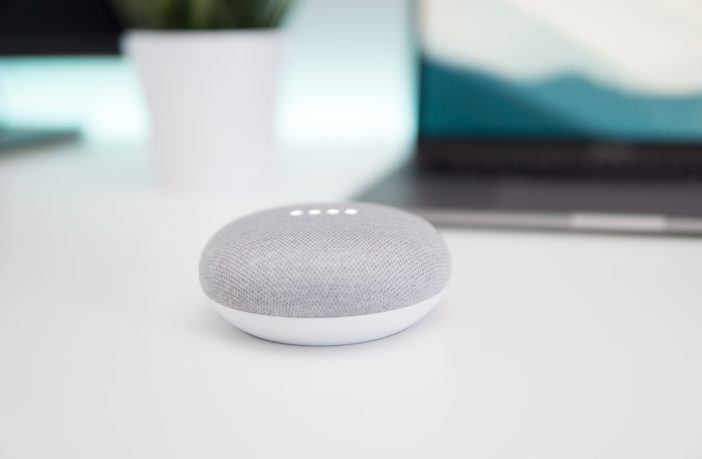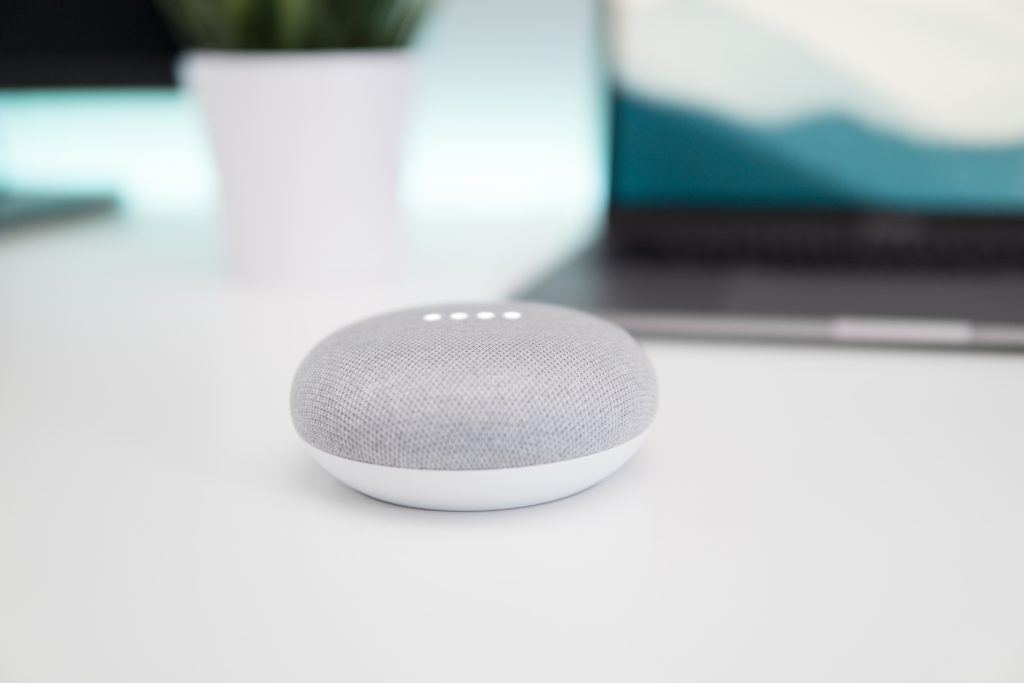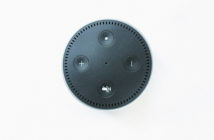The past decade has seen the rise of the Internet of Things, or the IoT. This has, in turn, ushered in electronic convenience that was previously only imagined in science fiction novels.
The Internet of Things is the name given to the invisible connection that’s been facilitated between a number of smart technologies in use today, including those which exist in your average smart home. It’s these smart homes, now, that are on the rise.
According to Kari Paul of Market Watch, by 2021, there will be 73 million smart homes in operation thanks to systems like Amazons Alexa and Echo.
Even though it’s likely that these homes will be expensive, the presence of AI assistants makes it possible for just about any abode to be smarter than average.
How safe is that extra intelligence, though? As it turns out, there have been several instances of smart homes getting hacked.
It’s much easier, apparently, for hackers to gain access to your private information when your cameras, thermostats, and doorbells are all connected via the Internet of Things.
All that said, understanding that, yes, your smart home can be hacked is just the first step to preventing your private information from being stolen.
Contents
Defining a Hacker
Smart home hacks aren’t necessarily being performed by some new-age, Matrix-like Neo. In order to understand how to best protect your information, you need to re-evaluate your understanding of a hacker.
Hackers aren’t just men in dark basements staring at their computers. Often “hackers” are, in fact, wide-spread organizations that sell your information to industries around the world, thereby allowing those industries to target you for scams based on your behavior.
Data mining, which is performed by Facebook, Amazon, and Google to name a few, is also a preferred tactic of modern hackers – some of whom work for the same industries that want your smart home to become even smarter.
In this day and age, you’re as likely to have your information stolen and sold by someone working with Amazon as you are by someone sitting alone in the dark.
That may not sound reassuring, but it’s important to acknowledge when asking yourself, “can a smart home be hacked?”

Not only can a smart home fall victim to individualized or wide-spread hacking, but Amazon Echo hacks and Alexa hacks are likely to become common.
How Can Smart Homes Be Hacked?
How can these folks access your information? There are a number of ways your private information and personal IoT can be accessed, as listed below.
Wireless Internet
Not all hackers need Wi-Fi in order to gain access to your personal IoT, but it is one of the easiest methods for them to grab your private information.
When your phone connects to public Wi-Fi, or when you, for example, log in to any of your online accounts, that device’s IP address registers on an easily accessible network.
Anyone who can gain access to that network’s listing of IP addresses can, in turn, weasel their way into your device and manipulate the information stored there, either to plant a virus or to steal the information you’ve stored away.
Smart Hubs
Without using Wi-Fi, hackers can access what Alex Perekalin of KasperSky Lab refers to as the smart hub established in your home.
Smart hubs, as you may know, are the brain from which your smart home operates. Sometimes this brain has a touch screen with settings that allow you to control what you have connected to your home, and sometimes it’s simply the equivalent of a black box.
How can a hacker access the information stored in your smart hub without access to the Internet? Consider this.
Smart hubs go to work when they receive a command from you, the user, via what Perekalin refers to as its “web interface.” This command is frequently unencrypted and includes the hub’s serial number.
Serial numbers are like the bank codes of the tech world. Once a hacker has secured access to the serial number of your secure hub, they can identify that you were the one to buy it and that it’s your information they can control remotely.

Phishing
You may also be familiar with phishing schemes. These occur either through a standard scam email or through the creation of fake web pages.
A fake Facebook login page, for example, can get you to enter in your username and password. With that information, a hacker can gain access not only to your social media, but to any accounts that you’ve connected to Facebook.
Thinking in terms of your smart home: say you receive what looks like a security message from Amazon asking you to change the password for your Amazon Echo. “Can Amazon Echo be hacked?” you may ask as you file in your old password in order to confirm the change.
As simple as that, you could have accidentally shared your private information with a stranger, and that stranger – or broader organization – could have the ability to change the way your entire smart home operates.
Forcing
Finally, it’s also possible for your passwords and usernames to be forced, should less elegant processes prove ineffective.
There are codes that can be created in order to suss out your passwords and usernames through statistical likelihood or programs that can circumvent the need for such security measures altogether.
Here’s a video showing some examples of smart home hacking.
Amazon and Hacking
With all those hacking strategies in mind, it may seem like your information is at significant risk, even when you’ve gone to the effort of purchasing the most up-to-date and well-connected smart devices to bring into your home.
It may be hard to imagine that systems developed by Amazon may be at risk for hacking, but as a matter of fact, because Amazon is such a large system that collects so much individualized information from so many people, it is one of the prime targets for hacking, as are its smart devices.
Think about it. Amazon has access to your credit card number, your home address and preferred billing address, your phone number, and other physical information.
Smart homes operating through Amazon Alexa or Echo will also have access to records of your iris, voice, or personal appearance.
In short, if you have a smart home that’s run through Amazon or even Google, your information has been recorded and is vulnerable to hackers if you don’t proceed with caution.
There are individual folks and corporations alike that are willing to sell your information if it means they can make the most of you as a consumer.
How to Avoid Smart Home Hacks
Following the wise words of science fiction author Douglas Adams: Don’t Panic!
There are several methods through which you can make your private information a little more secure.
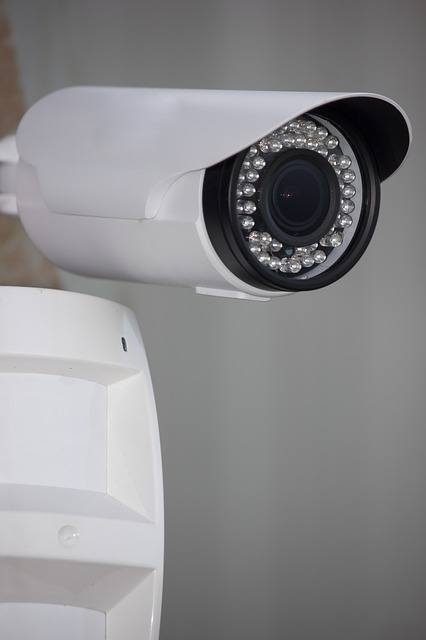
Pir Cctv Wiltshire Passive Work Camera Security
Complex, Unique Passwords
The most popular advice nowadays, when you’re making an account on a new website or establishing an account for a new device, is to create a unique password.
While it can be tempting to rely on the one you’ve been using since you were sixteen and have memorized to perfection, the overuse of your favorite passwords can make you all the easier to hack.
Try using alphanumeric passwords, instead. They’ll be a little harder to memorize, but they’ll be much more difficult for a watchful hacker to steal.
Multi-Factor Authentication
Multi-factor authentications are becoming common practice for some forms of work email and accounts, but you should feel free to set one up with your smart home too.
Multi-factor authentication can be a one-time code sent to your phone that allows you to access your accounts online or through your smart hub, but also a phone call from a robot requiring a key code or a scan of your iris.
Many smart homes have these multi-factor authentication systems already implemented for your use, so long as you actively choose to use them.
Do take care, though – even though these systems add an extra layer of protection to your smart home, the information you provide via your fingerprint or iris, or the computer which issues your code to you, can still be stolen or accessed.
Avoid Public Wi-Fi Spots
As we’ve previously mentioned, your devices’ IP addresses, serial numbers, and private information can be more easily stolen from you when you use them on public Wi-Fi networks.
As such, do what you can in order to avoid connecting to these hot spots.
Don’t Buy Second Hand
Also, take care to avoid buying your smart devices second hand.
While these devices may be cheaper than buying new technology off the rack, it’s also possible that the tech you find on eBay or through Craigslist has hardware implemented into it that will either install a virus onto your exchanged SIM card or that will track your data usage and send it to a third party.
Not only that, but your information could be much more easily data mined if you use a second-hand device.
Always Complete Security Updates
Staying on top of your security updates can be a pain, especially when the updates seem to take a ridiculous amount of time. That wait, though, may be worth it.
Staying up to date with your security means that your devices are at less risk of being hacked because the security measures implemented by the folks who made your device are constantly working to ensure that they are as safe as possible.
Working with a device that’s still using an older means of defense can leave you open to a hacker’s more up-to-date hacking methods.
Furthermore, updated security software may have the ability to detect illicit activity on your devices before you do.
A home break-in may be signalled by a broken window and stolen goods, but a device hack is much more difficult to notice.
Antivirus Protection
In a similar vein, make sure that you’ve installed antivirus protection onto your devices.
The firewalls that you install, according to aforementioned Kari Paul, can protect you from up to 50% of the viruses currently circulating through known hacking spheres.
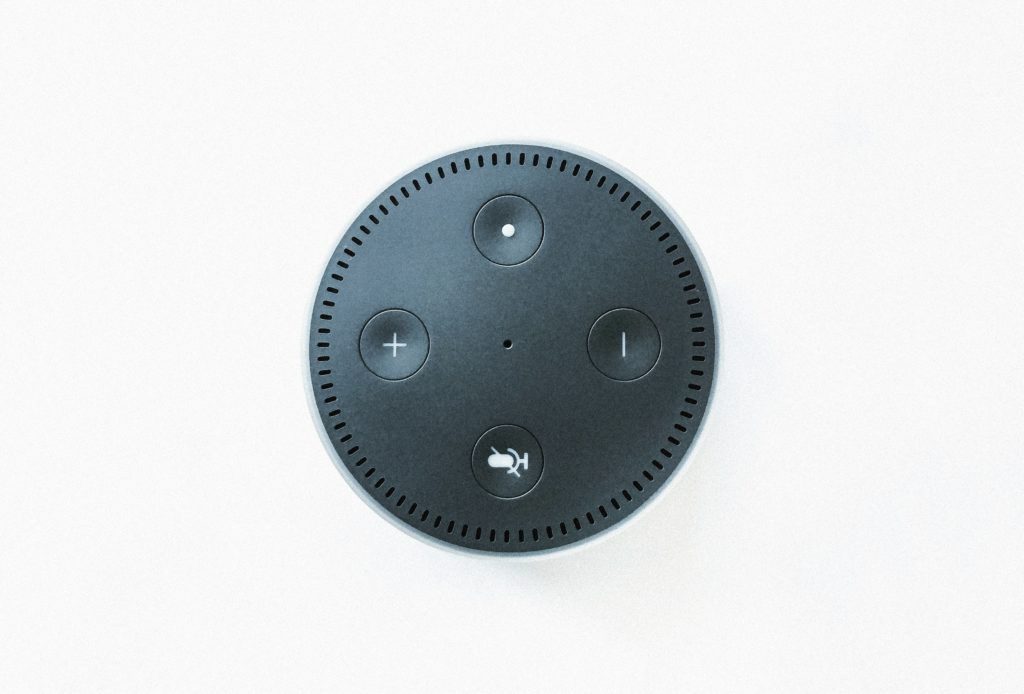
While this may not seem like wide coverage, it’s better to have some protection rather than none, especially when it comes to keeping your private information safe.
Use Different Home Networks
You may also want to alternate your home Wi-Fi networks at reasonable intervals in order to prevent would-be hackers from taking advantage of your familiarity and comfort with a standard Internet connection.
By spreading out your information and keeping hackers on their toes, you can better ensure that (what you believe to be) your private information as stored through your smart home remains out of malicious hands.
Limit Your Sharing of Information
It may be tempting to share your network information with your friends and extended family in order to save money or to reap the benefits of group packages.
It’s hard to discourage against this kind of sharing, but keep in mind the risks. It’s always possible that the private information you share regarding your smart home may be passed on to folks you don’t know.
Your teenager, for example, may share the password to the garage with their football buddies, and while you’re out of town, they may share that information with another group of friends in order to live out the kind of high school fantasies that pop culture prides.
While this innocent hypothetical scenario may seem less than intimidating, imagine the damage that could arise should one of those friends of a friend happen to be tech-savvy and is willing to share your information with someone else for money.
Use Non-Conventional Modes of Surfing the Web
Finally, consider using non-conventional smart devices or methods of surfing the web.
While Amazon Alexa and Echo are among the most popular artificial intelligence aids, there are other devices available on the market that can be used to make the most of your personal IoT.
Additionally, web searchers like DuckDuckGo make it much harder for ambitious hackers to track your information, as this site does not record the searches you run through it.
There are alternative methods to smart life management than those most frequently advertised. All you have to do is seek them out.
Here’s a video explaining how to protect your house against smart home hackers.
Conclusion
Living in a world where the Internet of Things is both dominant and risky can make you feel like none of your information is safe.
This is not the case. If you practice Internet safety and are aware of the risks, you’re already taking steps to prevent a smart home hacking.
What are your methods for preventing smart home hacks?

